India’s Prime Minister, Narendra Modi took to the global stage in Glasglow to announce net-zero targets in 2070. Defending India’s later target, he announced that India’s reliance on renewable energy would reach 50% by 2030.
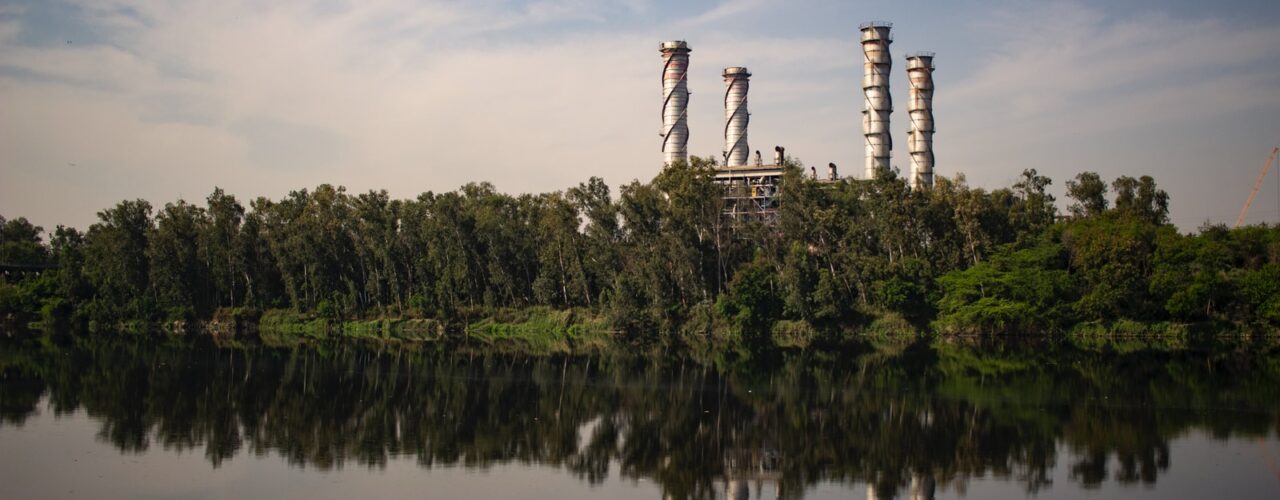
As the world’s third-biggest emitter of GHGs, this announcement is a surprise amongst most 2050 net-zero targets, also trailing behind China and Saudi Arabia’s 2060 targets.
So what?
Modi maintained his stance that wealthy countries must support poor countries through climate finance and rapid decarbonization measures. India’s delayed commitment lies in the context of being a developing country and that industrialized countries are responsible for most of the damage.
The world is yet to see India’s detailed plan to reach its 2070 goal and if it only refers to CO2 emissions or all greenhouse gases. As one of the most vulnerable to climate impacts, it’s curious to wonder about the perks of remaining reliant on fossil fuels and what this could mean for India’s economy. With rising temperatures and massive floods, how will India’s population be impacted by the 20 year lag in these targets?
Sources
- https://www.reuters.com/world/india/modi-says-india-targets-net-zero-emissions-by-2070-2021-11-01/
-
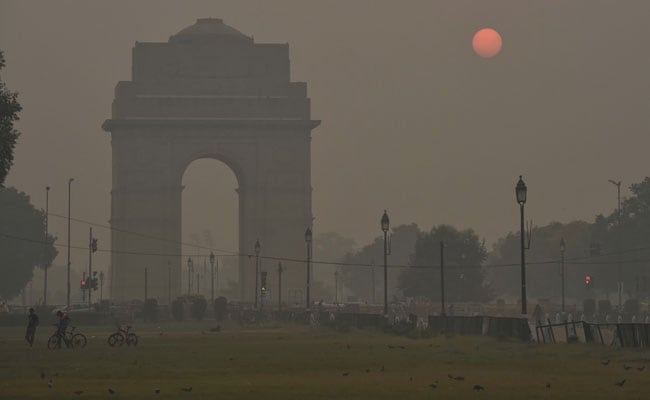 Blog: From The 'World's Air Pollution Capital' To COP26 https://www.ndtv.com/blog/from-the-worlds-air-pollution-capital-to-cop26-climate-conference-2594630
Blog: From The 'World's Air Pollution Capital' To COP26 https://www.ndtv.com/blog/from-the-worlds-air-pollution-capital-to-cop26-climate-conference-2594630 -
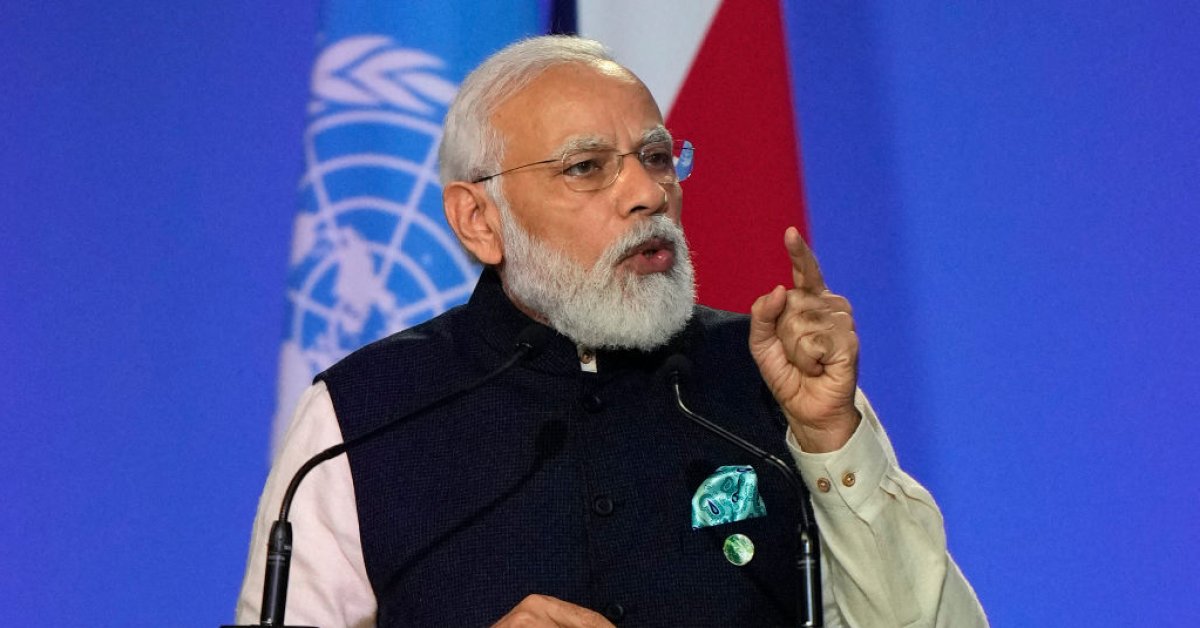 India Surprises COP26 with a Net Zero Target for 2070 https://time.com/6112672/india-net-zero-2070-cop26/
India Surprises COP26 with a Net Zero Target for 2070 https://time.com/6112672/india-net-zero-2070-cop26/


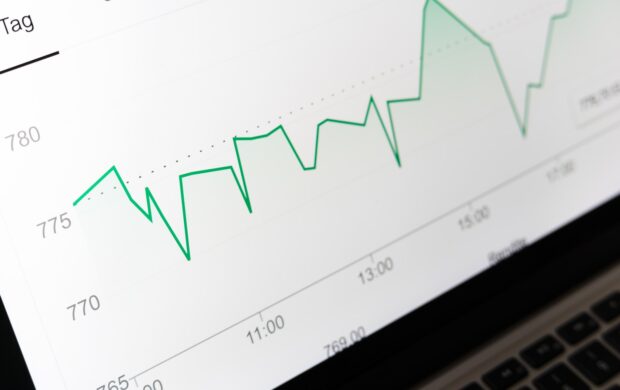
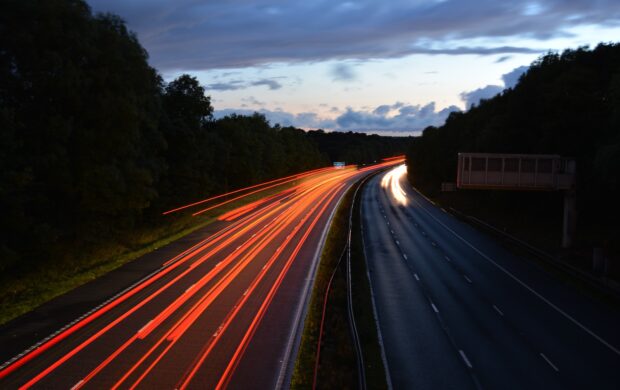

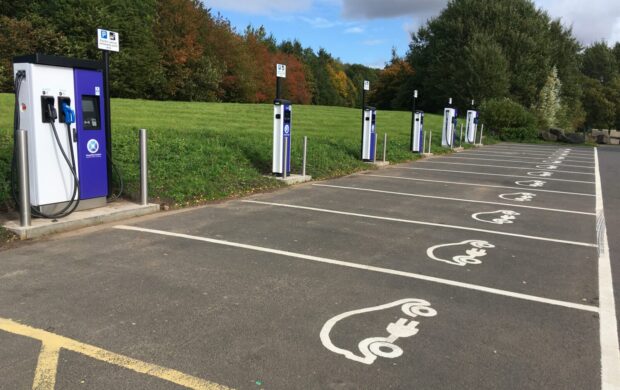
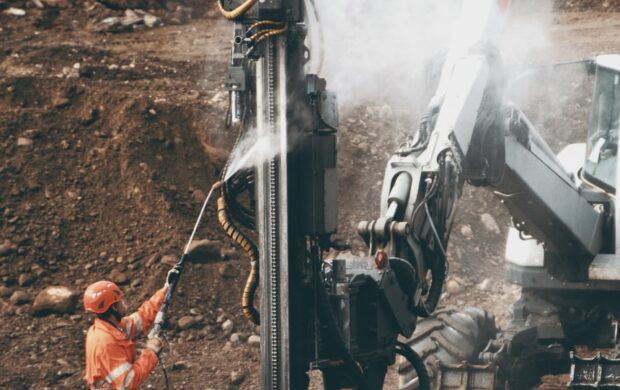





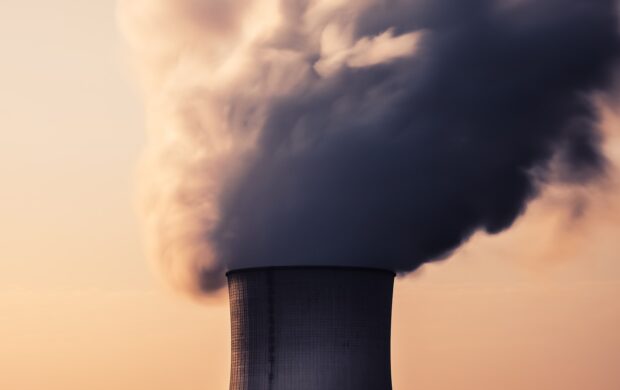



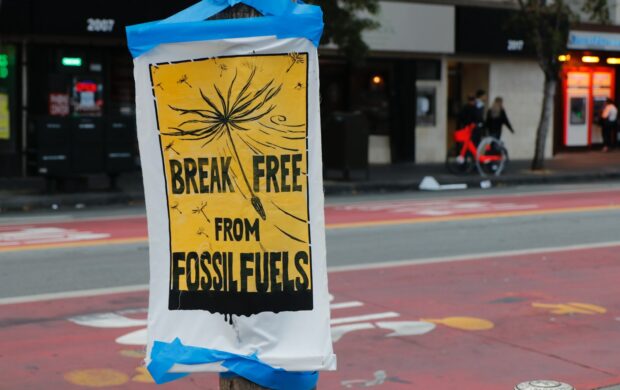

Join discussion